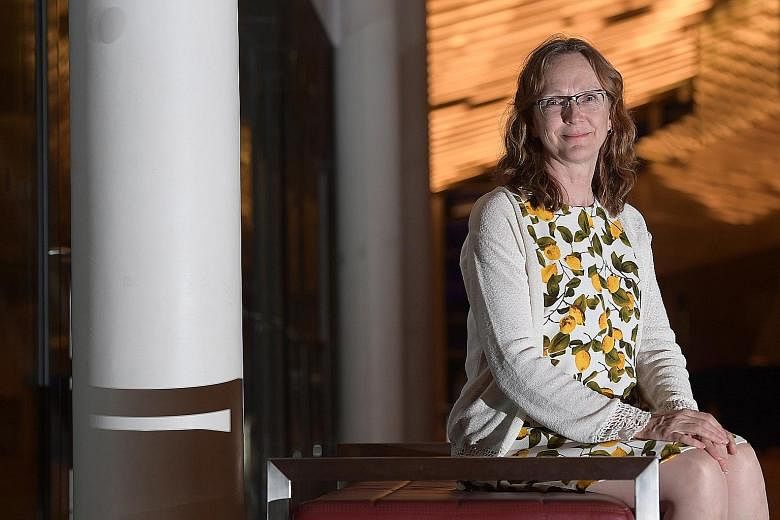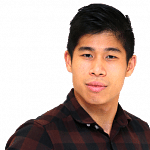Professor Fiona Hunter studies mosquito-borne diseases like Zika and West Nile virus in Canada, far from the tropics where these diseases are endemic.
Nonetheless, she is certain of the relevance of her research to her country, as well as other nations such as Singapore.
Prof Hunter, who is Professor of Medical and Veterinary Entomology at Brock University, in St Catharine's, Ontario, near Toronto, said she looks at unconventional vectors for diseases. Nobody, she noted, thought that the African disease West Nile virus would ever strike Canada, as it originated in tropical Africa. But it did in 2002.
And she now wants to study how diseases like Zika could be spread by vectors that nobody would suspect, such as other mosquito species.
"You don't want people to be pigeonholed into thinking it's just this species, or that species," she told The Straits Times at the opening of the Commonwealth Science Conference yesterday.
The Zika virus is known to be spread by the Aedes aegypti mosquito.
Prof Hunter is speaking today on the first day of the three-day conference attended by more than 400 participants from 37 Commonwealth countries.
Emerging infectious diseases is one of the four themes of the conference. And at the opening ceremony yesterday, Deputy Prime Minister Teo Chee Hean, the guest of honour, noted how these topics, including sustainable cities, low carbon energy and the oceans, are important areas of research for Singapore.
He said they are important not just for the nation but also the world. "We need to share ideas to collectively address these global issues."
The conference aims to strengthen international scientific collaboration, with travel grants, cross-border collaboration awards and fellowship programmes by both the National Research Foundation and the Royal Society in Britain.
Royal Society president Venki Ramakrishnan said he hoped to see science influencing policy in the Commonwealth, and scientists engaging more with policymaking.
"It is important for scientists not only to understand the policy issues but also to engage with them - not in the expectation that scientific evidence will be the only consideration, but in the expectation that decisions will be informed by the evidence."
Noted speakers include the chief executive of Google DeepMind, Dr Demis Hassabis, whose firm developed the artificial intelligence program AlphaGo. Prince Andrew, the Duke of York, was also the guest of honour at the opening ceremony.


